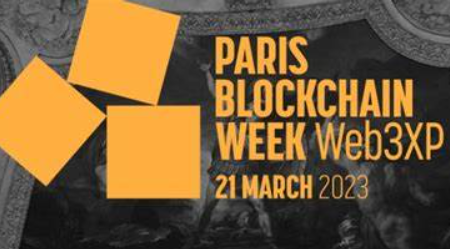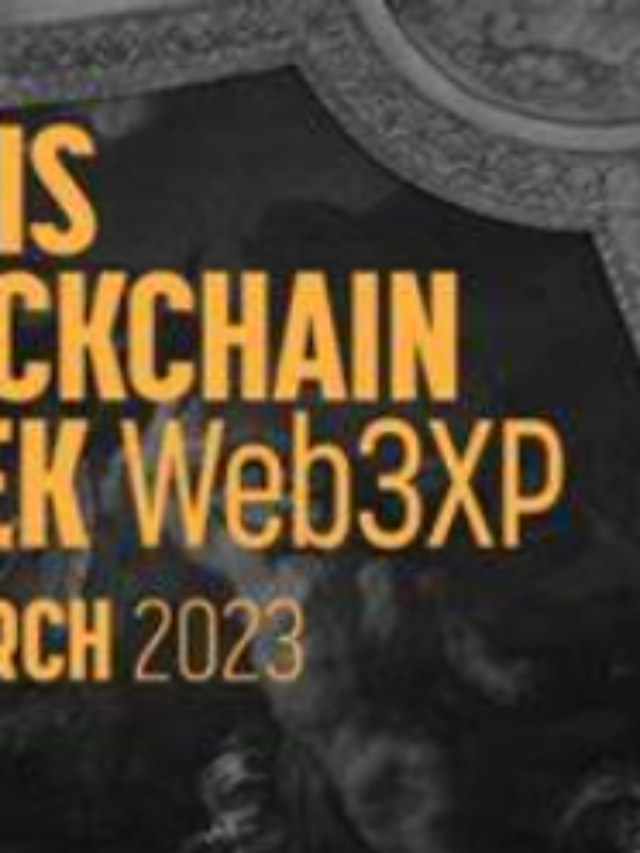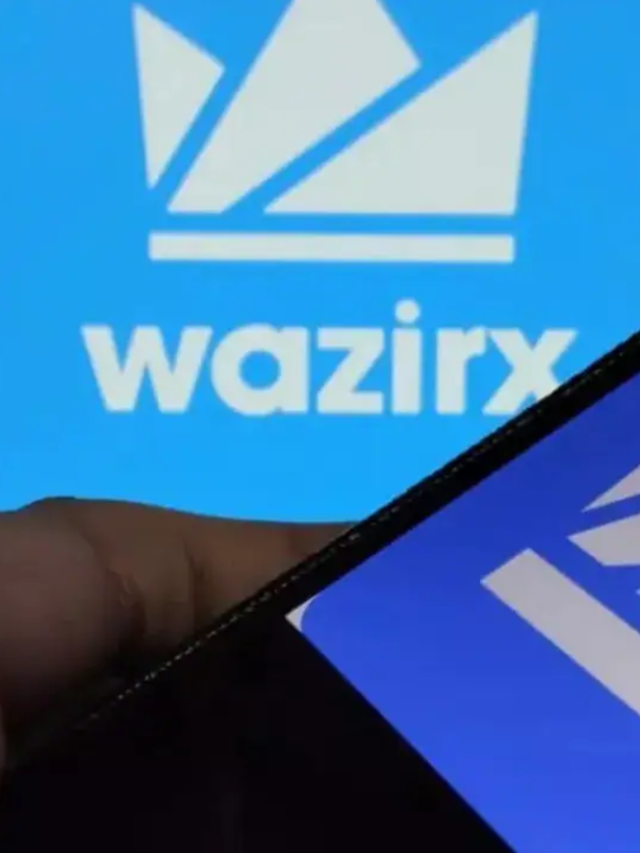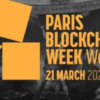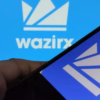With a major token airdrop behind it, Hyperliquid has outpaced its competitors to become a crypto derivatives exchange. Today Hyperliquid (HYPE) encapsulates more than 50% of the daily trading in the market.
Hyperliquid’s trading volume jumped 84% within 24 hours to almost $5 billion. That is about seven times as much as its most serious competitor, dYdX. The next players- the likes of SynFutures, ApeX Protocol, and Jupiter- capture only a meager share of the market.
HYPE Token Launch
With its launch, Hyperliquid has quickly overwhelmed dYdX, having processed total trades worth $439 billion compared with dYdX’s $1.45 trillion.
The exchange owes its growth to the gigantic airdrop that occurred on November 29. Hyperliquid gave away 31 million HYPE tokens to users. The HYPE token started trading at $3.90, marking a valuation of $1.2 billion with the airdrop. Just three days later, the token price soared to $9.87, with a market cap of $3 billion, before settling down to $8.86.
HYPE is staked and used as a gas token on Hyperliquid’s blockchain and its Ethereum-compatible layer, HyperEVM.
HYPE Token Distribution Details
- An astounding 31% of the one billion HYPE tokens will be distributed via the airdrop.
- 38.8% is put aside for future rewards.
- 6% goes to the Hyper Foundation treasury.
- Tokens for core contributors will be locked for one year with full vesting no later than 2028.
Concerns About Centralization
Despite its perks, Hyperliquid still faces criticism. The detractors argue that it is not really a decentralized platform.
Critics say that Hyperliquid has only four validators running its blockchain and that it takes withdrawals using a multisig setup. They express concern that this breaks the framework of a secure platform to trust and do meaningful business.
Peter Kris, co-founder of Gasp.Xyz, even went so far as to call Hyperliquid a centralized exchange. He pointed out the platform is not open-source, runs on a single validator controlled by a single team, and does not have a proper consensus mechanism.
Increased Total Value Locked
Hyperliquid’s total value locked (TVL), though surrounded by these concerns, increases cumulatively and has reached $1.4 billion in December from $658 million in October and just $58 million a previous year.
With Hyperliquid leading the market, questions about its decentralization and transparency still loiter around. This notwithstanding, it is hard to ignore its meteoric rise and trading volume.



